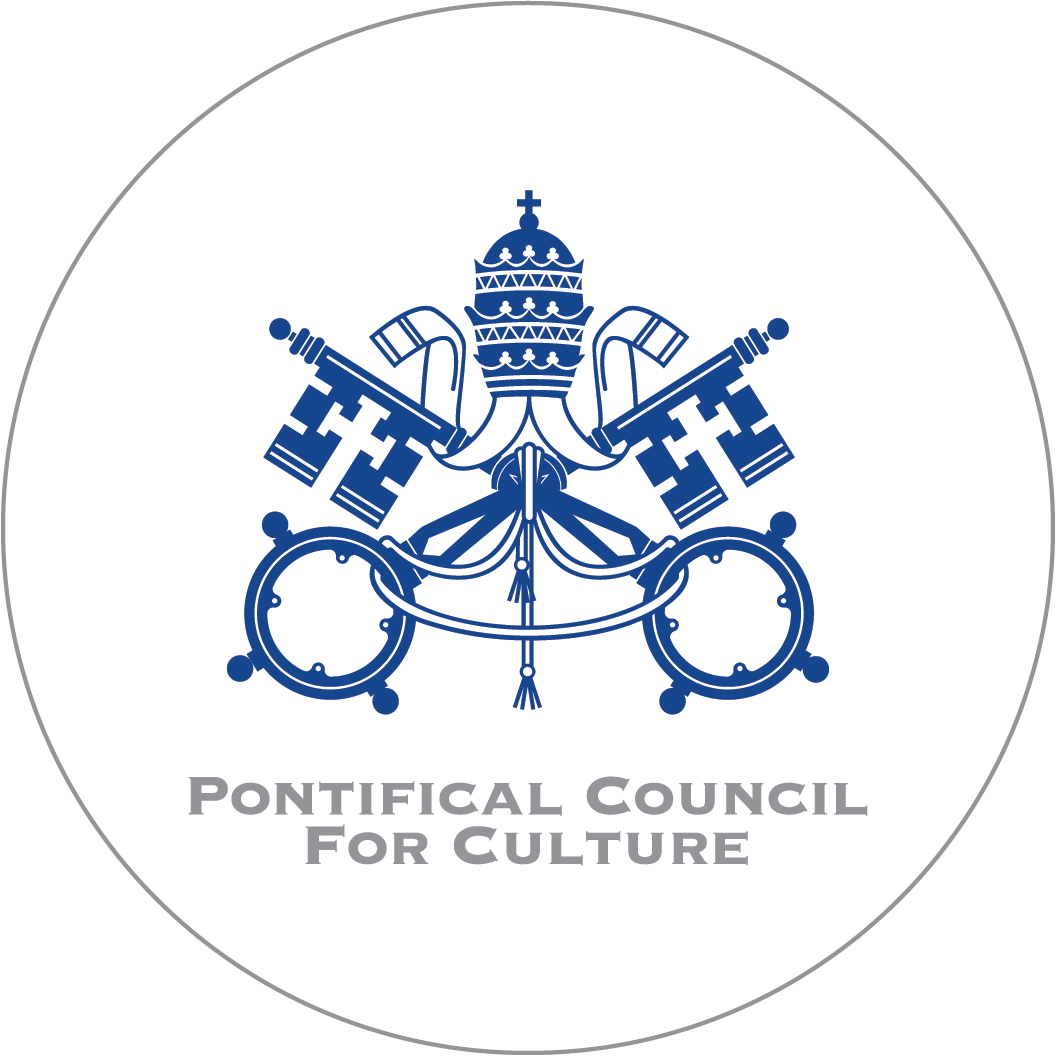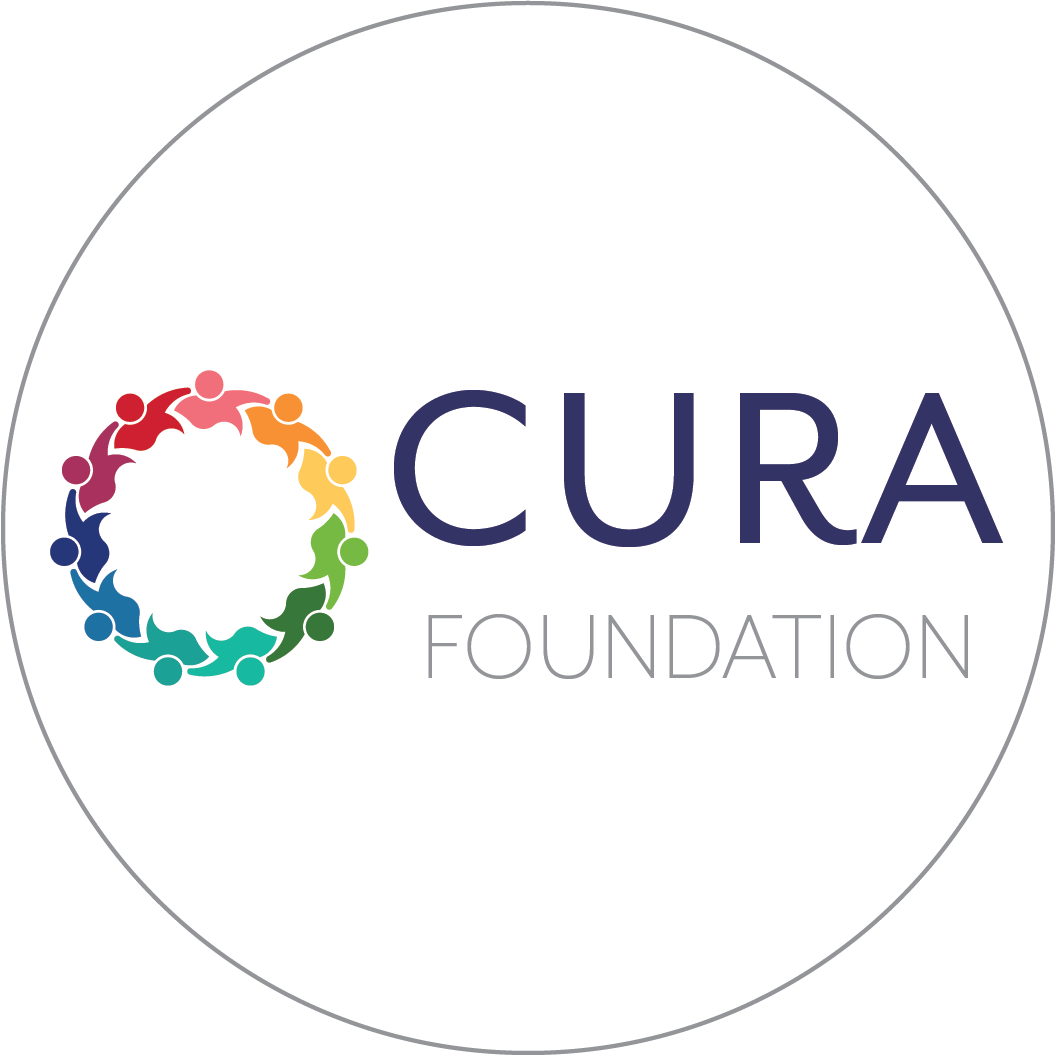Hosts

Vatican's Pontifical Council for Culture
The Pontifical Council for Culture traces its origins to the Second Vatican Council and its openness to contemporary culture. In its Pastoral Constitution, Gaudium et Spes, the Council Fathers expressed the needs of the Church to continually place itself at the forefront of the cultural needs of the world. It was a new period of history where a new humanism was arising and the Church, faithful to its own traditions, was aware of the universality of its mission, entering into communion with the different forms of culture, a communion that would enrich the Church as much as the cultures. The Pontifical Council for Culture is committed to the dialogue with many realities in the relationship between culture and faith.
The Science and Faith Department is the vehicle of the Pontifical Council for Culture’s engagement with contemporary science. This commitment is based on the firm belief that between science and faith not only is there no opposition, but there should also be a beneficial serene dialogue. The Christian faith when properly understood is a creator of culture and an inspiring source of science. For this reason, the Department of Science and Faith seeks further understanding of the phenomena of scientific and technological development and their possible influence on theological and philosophical thought to achieve the following objectives:
- Elaborate a cultural analysis of the development of natural sciences, enquiring after its impact on theological and philosophical reflection and on the cultural and social dynamics;
- Promote reciprocal cooperation in the sphere of the dialogue of science and faith with other Dicasteries and bodies of the Holy See, international Catholic organizations, ecclesial and secular institutions, universities and research institutes throughout the world;
- Encourage a greater commitment for the ideal of dialogue between science and faith and promote critical reflection on the frontier themes of interdisciplinary research for a renewed anthropology and for ethics, theology and philosophy of nature;
- Offer collaboration as a service to Episcopal Conferences and their bodies on themes relating to science and faith; and
- Promote initiatives to spread awareness through public conferences, congresses and study days, as well as publish books and educational volumes to support the Church in its pastoral and educational tasks.

The Cura Foundation
The Cura Foundation (“Cura” or the “Foundation”) is a nonsectarian, nonpartisan, public 501(c)(3) organization with a mission to improve human health globally. Cura’s objective is to streamline health care delivery and optimize access to care to prevent and vanquish disease, reduce human suffering and increase the quality of life around the world. We seek to advance the development of breakthrough medical technologies, promote preventative measures, encourage interdisciplinary approaches to medicine, improve access to innovation and eliminate social disparities in health care.
We aim to break down the silos and build bridges through facilitating partnerships and collaboration and encouraging holistic approaches to health, examining the whole person and their mind, body and soul. Cura emphasizes the importance of providing accessible and affordable care sustainably and equitably while promoting innovation in health and wellbeing accelerated by creating global partnerships between scientists, physicians, regulatory agencies, ministers of health, patient advocates, physicians, ethicists, philanthropists, leaders of faith, government officials and industry personnel. The foundation raises public awareness, supports research and educates the next generation of thought leaders and medical professionals about innovations in medicine and promotes interdisciplinary dialogue between theologians, philosophers and scientists. Cura is growing a global collaborative network to tackle major health issues, including: cancer, diabetes, cardiometabolic disease, autoimmune disorders, rare diseases, neurodegenerative diseases and mental illness.
Cura coordinates with its subsidiaries (Stem for Life, Science, Theological and The Ontological Quest International (STOQ), and Cognitive Warriors) and collaborators to achieve the organization's mission to #UniteToPrevent and #UniteToCure.
